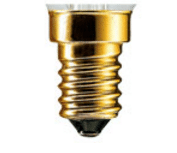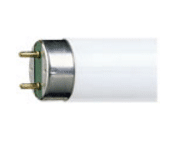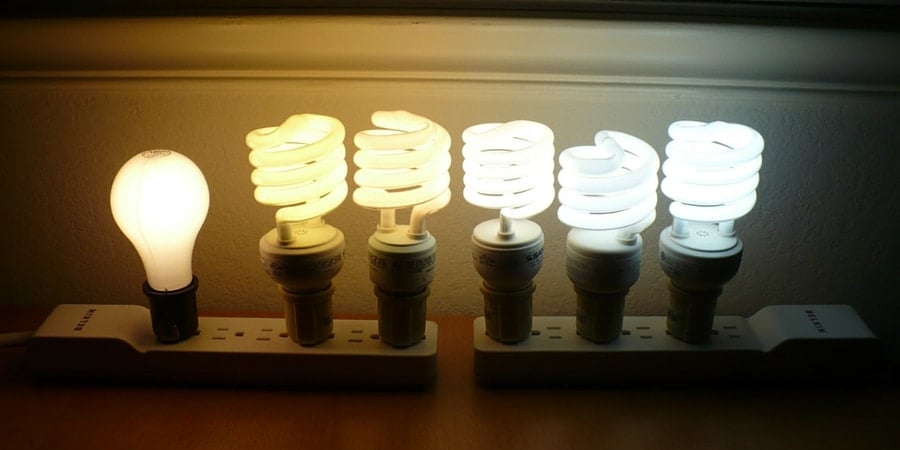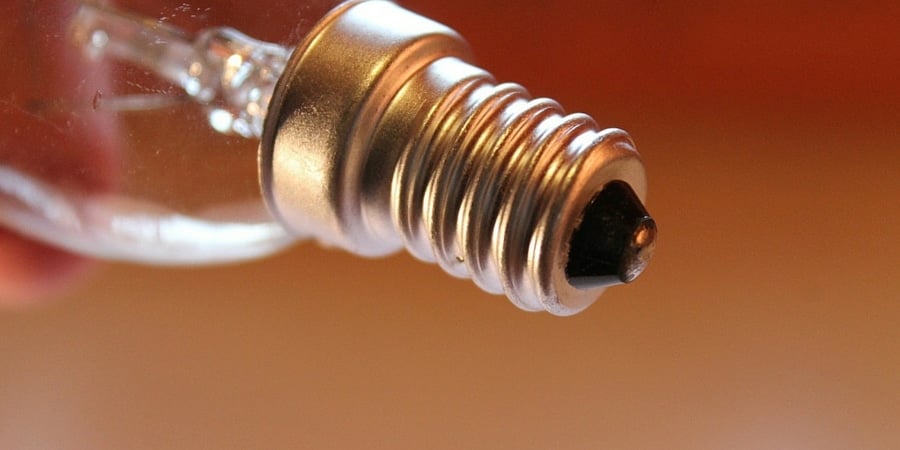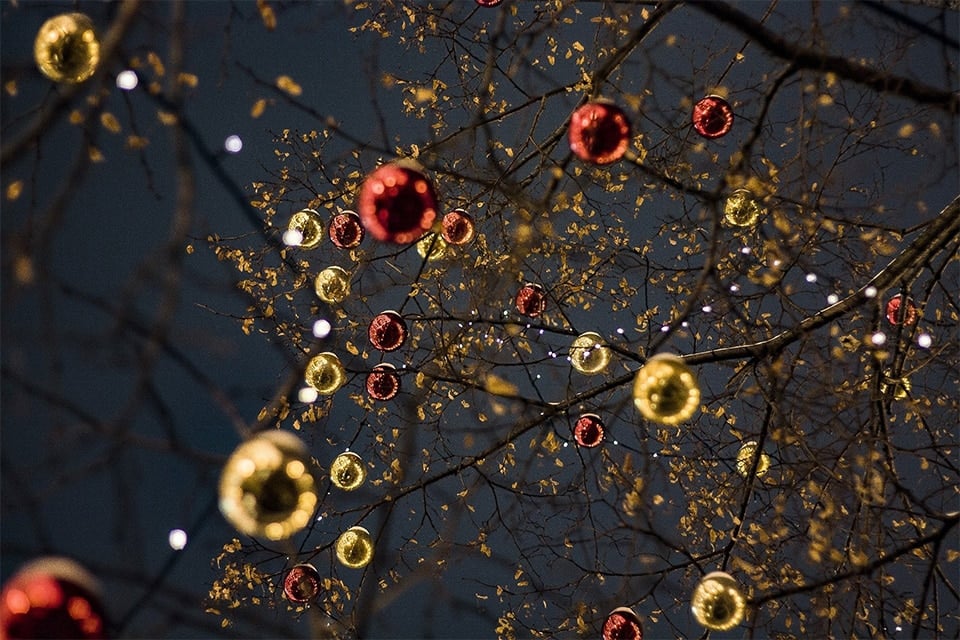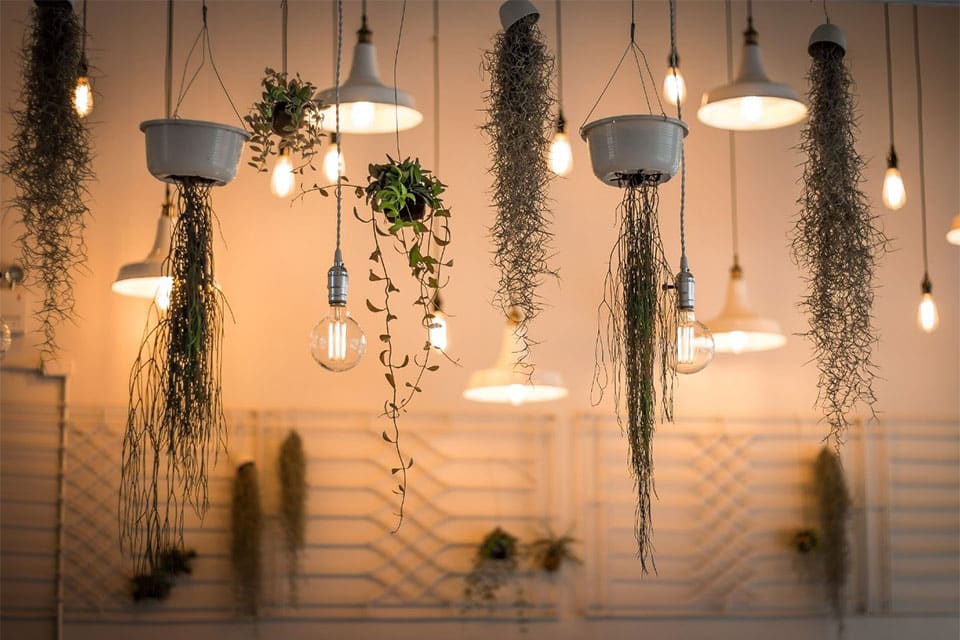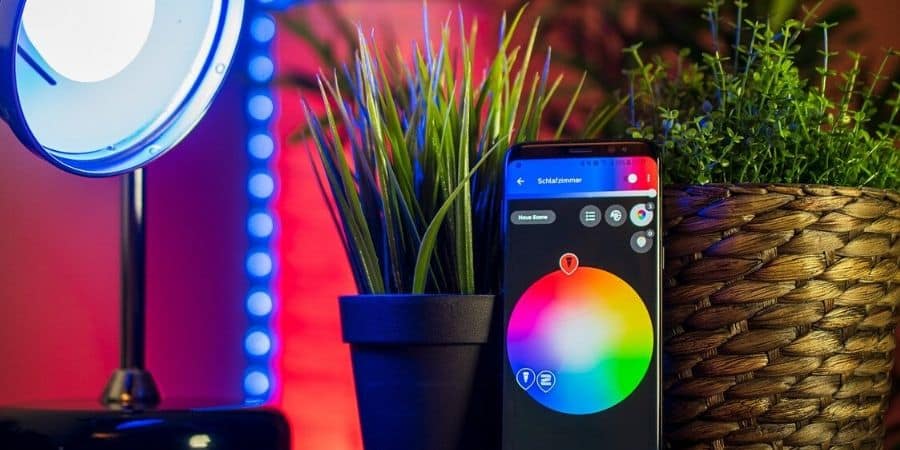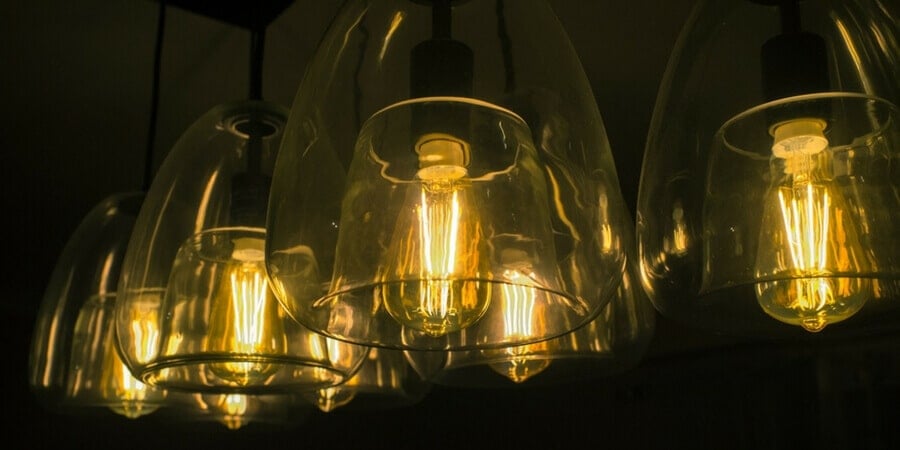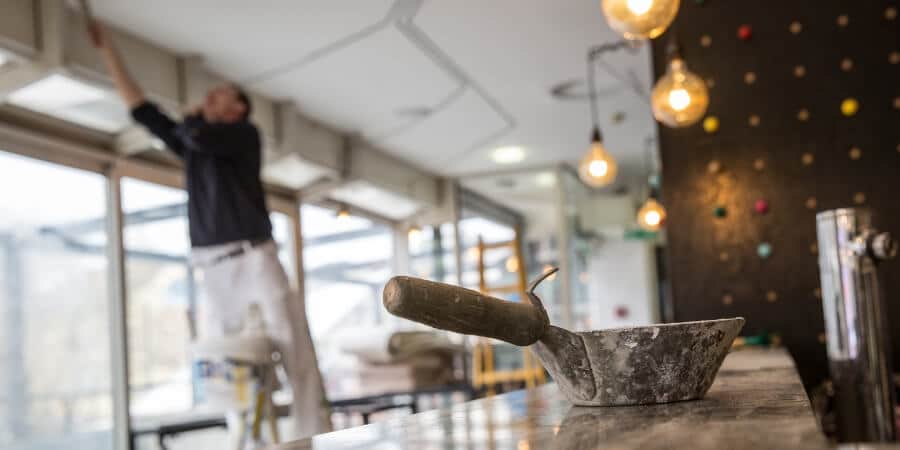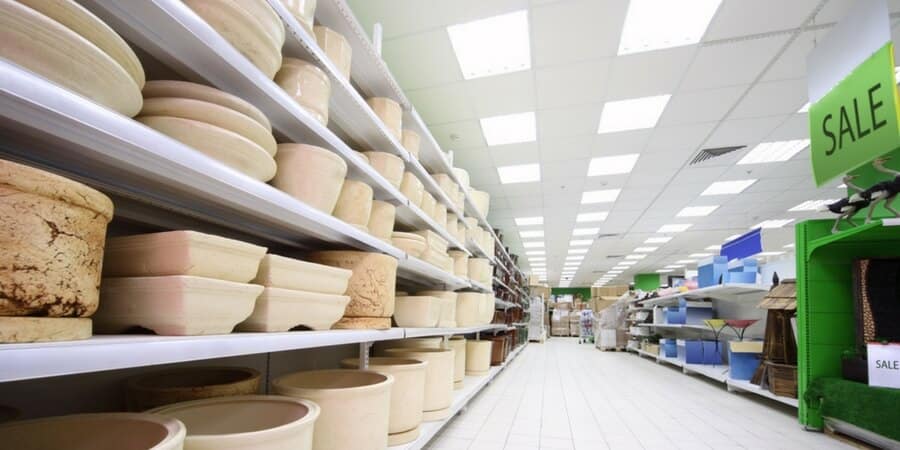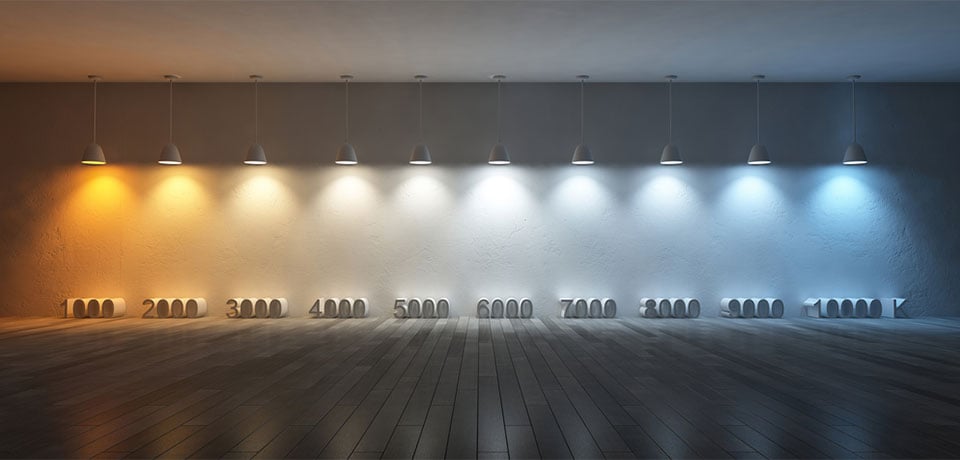Oxford Brookes University saves over £600 annually & improves carbon footprint
Location: Oxford, UK
Set in a historic student city, Oxford Brookes is one of the UK’s leading modern universities and enjoys an international reputation for teaching excellence and innovation.
The university can trace its history back as far as 1865 with the foundation of the Oxford School of Art, which over the centuries merged and grew to become today’s university. It was in 1992 that the then Oxford Polytechnic became Oxford Brookes University, after John Henry Brookes, first Principal of the Schools of Technology, Art and Commerce.
As a progressive organisation, Oxford Brookes aims to have as little environmental impact as possible and has a dedicated Carbon Manager.
Customer
Oxford Brookes University
Location
Oxford, UK
Distributor
The Lightbulb Company
Background
Oxford Brookes has a long-standing relationship with The Lightbulb Company, having employed their services for over 8 years. So when a lighting issue arose, electrical services manager, Steve Holtom knew he could rely on their prompt, efficient and expert service and advice.
The university was aware that lighting has a direct impact on students’ productivity, well-being and mood. However, lamps in the Post Graduate lecture theatre were frequently failing and needing to be replaced.
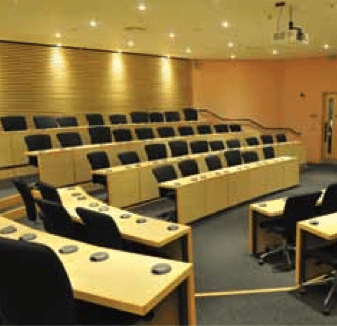 As this room was often in use for lectures, this made it difficult for the university’s maintenance team to get in to change the lamps. Consequently, the theatre could be poorly lit for days at a time.
As this room was often in use for lectures, this made it difficult for the university’s maintenance team to get in to change the lamps. Consequently, the theatre could be poorly lit for days at a time.
For a university, which prides itself on an environment that is conducive to learning, Oxford Brookes was concerned about both aesthetics and student concentration. There were also financial and environmental implications as having to replace lamps so frequently was costing the university a significant sum of money annually. As a university committed to reducing its carbon footprint, there were also concerns as to the environmental impact of having to replace the lamps so often along with running costs.
The university needed a lighting solution, which was environmentally friendly, cost effective and beneficial to students’ overall working environment.
Tried and Tested Process
The Lightbulb Company offers specialist advice to businesses on how to get the best value from lamp purchasing, taking into account longevity, suitability, unit cost and energy efficiency.
The process starts with a comprehensive evaluation and thorough appraisal of business requirements in order to generate a Cost of Ownership document. This report clearly outlines the proposed lighting solution alongside the business benefits for the client, advising on how to save money, reduce energy bills and meet business objectives.
Action
From working with The Lightbulb Company previously, Steve Holtom, electrical services manager for Oxford Brookes, knew the entire process was incredibly simple. All he had to do was send information of the lecture theatre’s existing lamps along with information about the room occupancy and 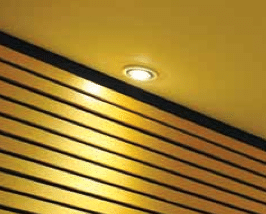 energy costs and they took over from there, sorting everything out quickly and remotely. Oxford Brookes was supplied with new long-lasting and environmentally friendly alternatives. These included high-tech LED PAR 30 12w bulbs, which are the brightest of their class and GU10 7w lamps – which provide 85% energy cost savings and last 25 years based on 4 hours per day. Both lamps are prized for their longevity and energy saving capabilities.
energy costs and they took over from there, sorting everything out quickly and remotely. Oxford Brookes was supplied with new long-lasting and environmentally friendly alternatives. These included high-tech LED PAR 30 12w bulbs, which are the brightest of their class and GU10 7w lamps – which provide 85% energy cost savings and last 25 years based on 4 hours per day. Both lamps are prized for their longevity and energy saving capabilities.
To gauge the quality of the new environmentally friendly lamps, the university asked building users to take a look at the lecture theatre and provide feedback on a number of lamps installed on trial. Despite the change in bulb, no negative effects were reported.
The Outcome
Oxford Brookes is set to save over £600 annually through the new light bulb installations. This is due to the long life of the new lamps, which prevents the need for regular replacements, as well as the energy savings they generate.
From an environmental perspective, the new lamps also mean CO2 savings of 3.8 tons per year, helping the university to reach their own in-house carbon reduction targets. And, as well as helping them to save money on their energy bill, the new lights have additional financial benefits. Due to their eco-friendly nature, they allow Oxford Brookes to receive funding from Salix—an independent social enterprise that provides money to public sector organisations for investment in energy efficiency technologies. So, rather than coming out of the university maintenance budget, the additional money can be put to good use elsewhere in the university.
The Cost of Ownership documents are due to be passed to the university’s Carbon Manager so that Oxford Brookes can apply for funding for lamps across the university. Steve hopes to introduce new, longer lasting candle lamps for the chandeliers in Headington Hill Hall where they hold weddings and formal ceremonies, and for the spot lighting in the Harcourt Hill Refectory.





